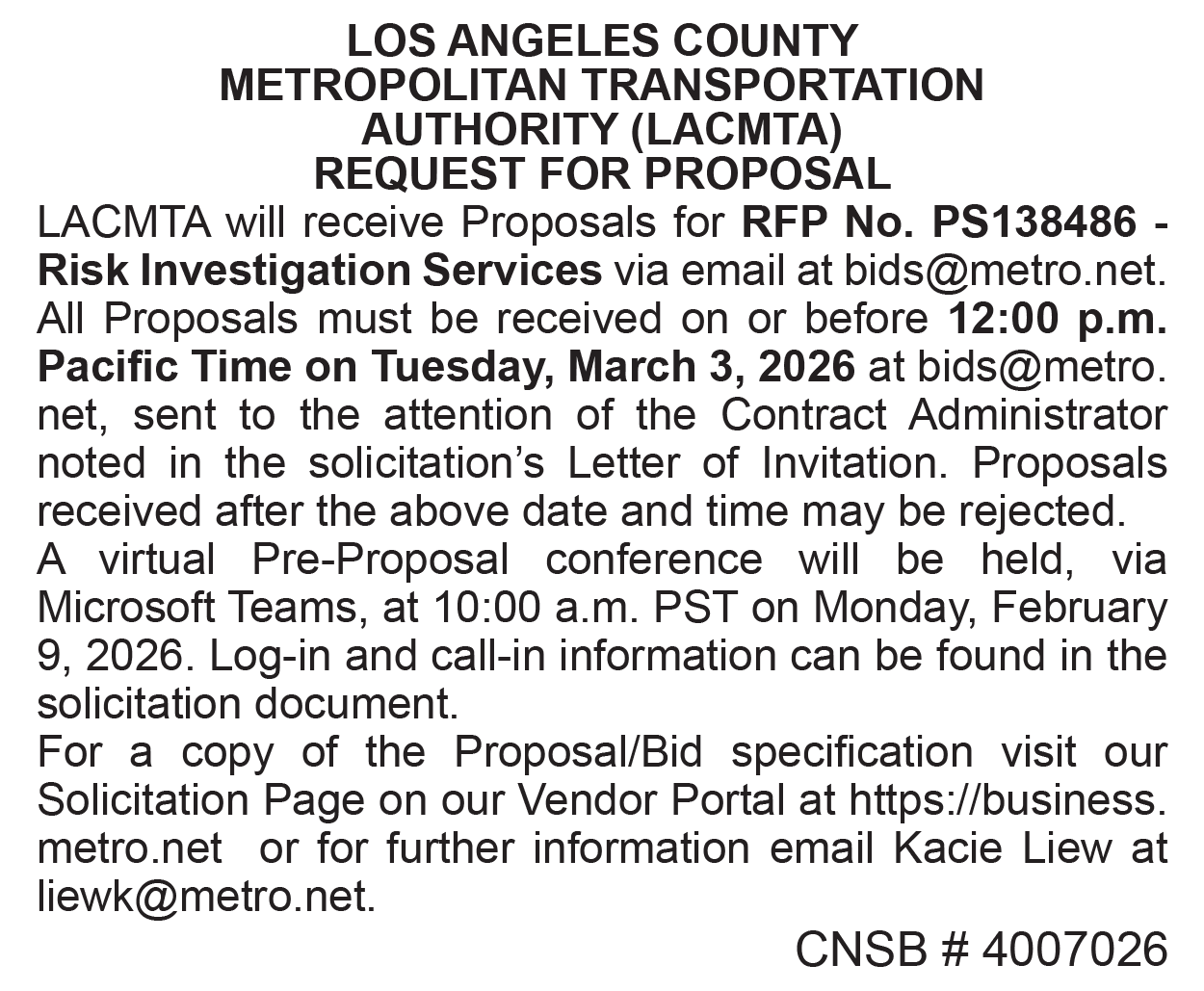Goldstein: Proposals Will Likely Increase Medicare Advantage Plan Enrollment
Tuesday, February 12, 2019 | 0
The Centers for Medicare and Medicaid Services recently released Part II of a set of proposals that CMS indicates “will take significant steps in continuing the agency’s efforts to maximize competition among Medicare Advantage Plans (MAP) and Part D plans.”

Jean S. Goldstein
Part I of CMS’ proposal was released on Dec. 20, 2018, and included proposed updates to the Part C risk adjustment model to account for overall health, including the number of conditions an individual Medicare beneficiary may have, as well as the medical costs for these conditions.
These proposed changes could be in effect by 2020. A fact sheet of the proposals (Part I and II) can be found here.
In an alert, CMS indicated that the proposals will increase plan choices, benefits and include important actions to address the opioid crisis. CMS also acknowledged that Medicare Advantage enrollment is at an all-time high.
In 2018, 20 million Medicare beneficiaries were enrolled in MAPs, and between 2017 and 2018, total enrollment grew by 1.5 million beneficiaries. It is projected that Medicare Advantage enrollment will only continue to grow, with about 42% of Medicare beneficiaries enrolled in MAPs by 2028. However, with the agency’s goals of maximizing competition among the MAPs and modernizing coverage for Medicare beneficiaries, that number could certainly increase.
As we often discuss, there are many challenges associated with MAP enrollment and Medicare Secondary Payer compliance. The main challenge is that it is very difficult to obtain information about a supplemental plan for which a Medicare beneficiary is enrolled. Moreover, as we have seen, MSP litigation and aggressive recovery efforts involving MAPs are being championed in jurisdictions throughout the country.
While CMS is focusing on maximizing competition in the MAP space, the challenges primary payers face with the current amount of beneficiaries currently enrolled in MAPs, and the potential increase in MAP enrollment, are not being addressed. There is certainly growing concern that we will see an increase in the amount of litigious MSP recovery efforts, which will require primary payers to defend these recovery efforts, and of course fears of double damages being awarded pursuant to the private cause of action provision of the Medicare Secondary Payer Act.
At this time, from a Medicare Secondary Payer (MSP) compliance standpoint, there are some best proactive practices primary payers can utilize to address MSP obligations, whether CMS’ proposed changes are in place by 2020, or not:
- Do not wait until settlement of a claim to identify all possible conditional payments. Medicare conditional payment/lien investigation and resolution should be done well in advance of settlement discussions.
- Review all medical bills and understand all related work injury treatment. Do not assume that medical treatment has terminated because bills have not been received.
- Create an open dialogue with the injured worker or his counsel, if represented, inquiring about all plans a Medicare beneficiary is enrolled in. The timely discovery of MAP and Part D benefit all settling parties. Ask to see verification of enrollment in these plans.
- Create uniform internal processes on how to timely handle conditional payments, MAP recoveries and other liens. Responding to all correspondence timely and promptly is of paramount importance.
Resolving conditional payments and liens can be challenging, given the unknown factors, investigation, consultation, and need for a thorough working knowledge and understanding of a variety of recovery processes. For this reason, it is imperative that conditional payments and other liens are handled properly and with established proactive processes to avoid unnecessary costs, litigation expenses and undue delay in the resolution of claims.
For now, CMS is soliciting comments on the proposals through March 1. We will continue to monitor these proposals and keep our readers updated as to how any final actions may further impact your claims.
Jean S. Goldstein is senior legal counsel for Medval. This post from the Medval blog is republished with permission.







Comments